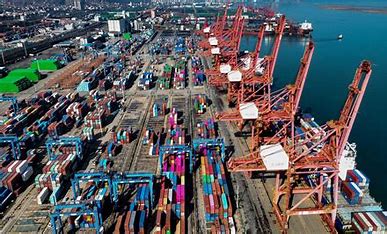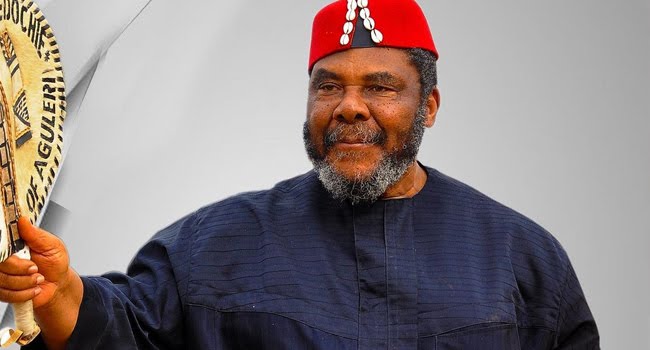
Chinese President Xi Jinping warned on Tuesday that a trade war with the United States would yield “no winners” and expressed confidence that China would meet its annual growth targets. This statement came amid ongoing economic challenges in China, including sluggish domestic consumption and high unemployment, compounded by a persistent crisis in the property sector.
Xi’s remarks followed a difficult year for China’s economy, which has faced the repercussions of a shaky post-pandemic recovery. Despite these challenges, Xi reaffirmed China’s target of achieving approximately five percent growth in 2024. He emphasized that while there may be tensions in US-China relations, particularly under the potential return of former President Donald Trump, China remains open to dialogue, cooperation, and the management of differences in pursuit of stable and sustainable bilateral relations.
Trump, who will assume office again on January 20, 2025, had previously instigated a trade war with China during his first term, citing issues such as intellectual property theft and unfair trade practices. He has pledged to raise tariffs on Chinese goods once he is back in the White House. Analysts believe that in anticipation of another trade confrontation, foreign buyers may have rushed to place orders to avoid future tariffs, contributing to the recent uptick in China’s exports.
China’s export growth, however, has been slowing. While exports in November rose 6.7 percent year-on-year to $312.3 billion, this was below the expected 8.7 percent and much slower than the 12.7 percent growth recorded in October. Despite this, exports for the January-November period grew by 5.4 percent, a positive sign for the economy. Still, the country’s imports fell by 3.9 percent in November, signaling weaker domestic demand and underlining the challenges posed by low consumer spending.
The export surge in the latter part of the year could partly be attributed to fears that further US tariffs would be imposed, prompting foreign buyers to stock up in advance. However, some analysts predict that this momentum may slow once the “frontloading” of exports is complete, unless a favorable resolution to tariff negotiations is reached.
In response to the economic downturn, China’s top decision-making body, the Politburo, called for stronger support for domestic consumption and loosening monetary policy in 2025. Analysts are awaiting further details on specific fiscal policies that may be introduced to stimulate growth, especially in consumer spending, which remains a key issue for China’s economic recovery.
Xi’s statements come as China faces an uphill battle in balancing trade relations, economic recovery, and domestic demand in the coming year.





